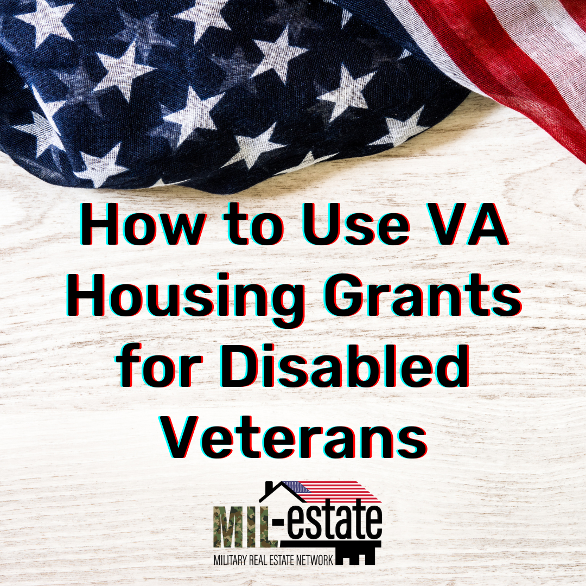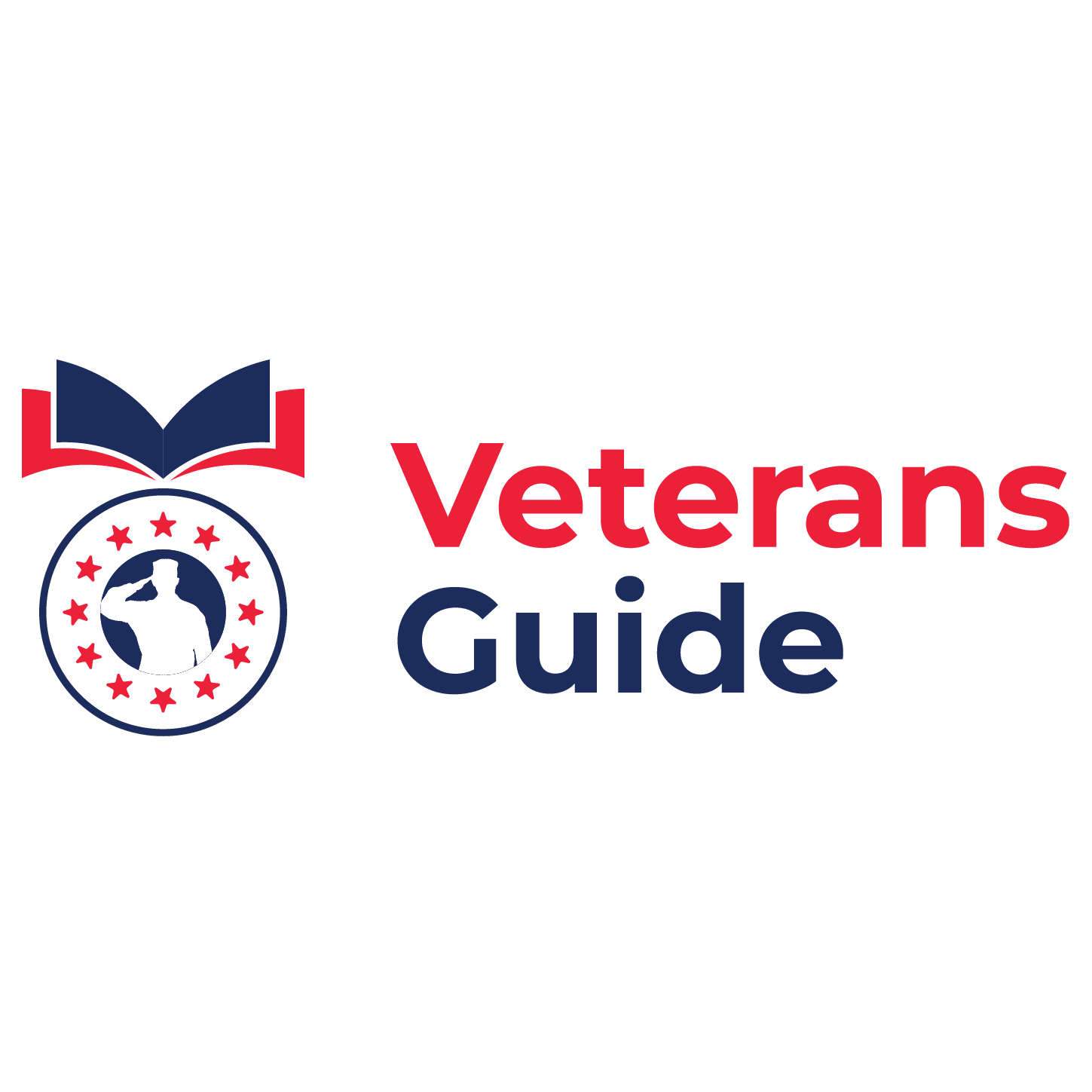How to Use VA Housing Grants for Disabled Veterans
UPDATE 8/26/24: After the original publish date of this post, we have added additional resources and information from Veterans Guide (veteransguide.org), an advocacy group whose mission is to assist veterans with the array of issues they may face, including obtaining proper disability compensation, financial assistance, information on the GI bill, and more. Veterans Guide offers an array of resources, including helpful guides and calculators (such as those below) which can help veterans calculate their VA rating and other complicated VA-related math:
VA Disability Calculator - veteransguide.org/va-disability-calculator/
VA Disability Appeals - veteransguide.org/va-disability/appeals/
Visit the Veterans Guide site today at https://www.veteransguide.org for more information and helpful resources.
Military life often involves frequent relocations, which can significantly impact homeownership. Understanding how to manage these moves is essential for military families looking to buy or sell homes.
The Department of Veterans Affairs (VA) offers several housing grants designed to assist disabled veterans in modifying their homes to meet their unique needs. These grants help veterans achieve greater independence and improve their quality of life by making their homes more accessible and comfortable. Here’s a detailed look at how to use VA housing grants for disabled veterans.
Types of VA Housing Grants
Specially Adapted Housing (SAH) Grant: This grant is available to veterans with certain permanent and total service-connected disabilities. It can be used to build, buy, or modify a home to accommodate the veteran’s needs.
Special Home Adaptation (SHA) Grant: This grant is for veterans with specific service-connected disabilities and can be used to adapt an existing home to make it more accessible.
Temporary Residence Adaptation (TRA) Grant: This grant is for veterans who are or will be temporarily residing in a home owned by a family member. It helps cover the cost of necessary adaptations.
Steps to Apply for a VA Housing Grant
Determine Eligibility: The first step is to determine if you meet the eligibility criteria for one of the VA housing grants. This often requires having a service-connected disability and meeting specific requirements outlined by the VA.
Gather Necessary Documentation: Collect all the necessary documents, including your Certificate of Eligibility (COE), medical records, and proof of disability. Ensure all your paperwork is up to date.
Complete the Application: Fill out the appropriate application form. For the SAH and SHA grants, this would be VA Form 26-4555. For the TRA grant, you will need to submit VA Form 26-4555c.
Submit the Application: Submit your completed application and supporting documents to the VA. This can be done online, by mail, or in person at a VA regional office.
Await Approval and Inspection: Once your application is approved, the VA will conduct a home inspection to ensure that the modifications meet the necessary requirements.
Receive Funding: After approval and inspection, you will receive the grant funds, which can be used to cover the costs of the modifications or construction.
Making the Most of Your Grant
● Work with Experienced Contractors: Hire contractors who have experience working with VA housing grants and understand the specific needs of disabled veterans.
● Plan Thoroughly: Ensure that all modifications are thoroughly planned and that they meet your current and future needs.
● Stay Informed: Keep in touch with your VA representative to stay updated on any changes to the grant process or additional assistance that may be available.
Using VA housing grants can significantly improve the living conditions of disabled veterans, allowing them to lead more independent and fulfilling lives. If you are thinking about buying a home, whether now or in the near future, reach out to the team at Dorazio Real Estate! We’d be happy to discuss strategies to locate your dream home and/or get your existing home sold fast for its maximum value. If you are relocating outside of the Chicagoland area, you can also reach out — we can put you in touch with another MIL-Estate agent anywhere in the country!



